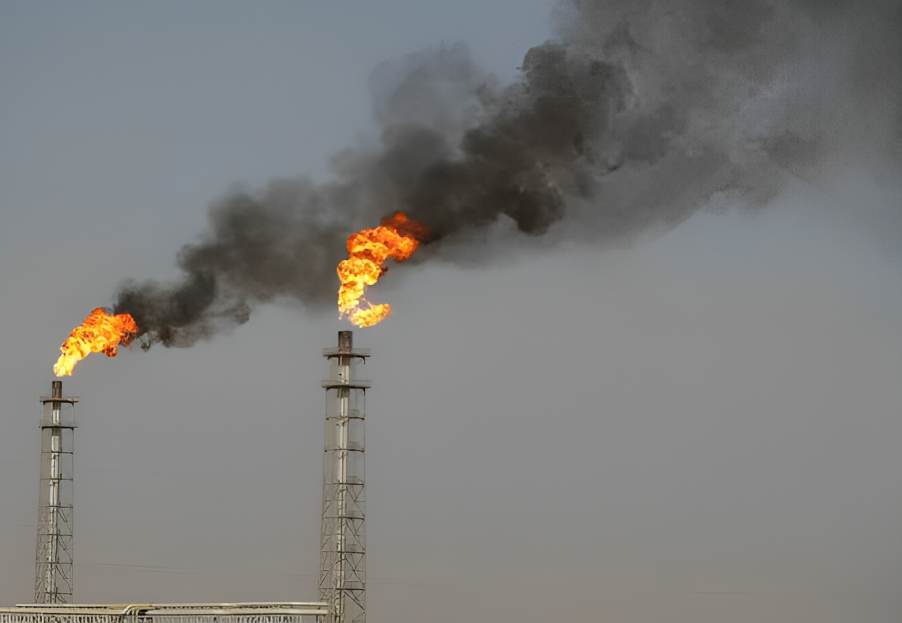Oil prices are poised for a second consecutive weekly decline as the Israel-Hamas conflict shows no signs of escalation, and concerns emerge on the demand front.
Global benchmark Brent has remained steady around $87 a barrel, following a 2.6% surge on Thursday, fueled by a weaker dollar and signals that the Federal Reserve is halting its tightening policies. Meanwhile, West Texas Intermediate (WTI) traded above $82. Despite these price movements, Israel has confirmed its troops’ encirclement of Gaza City and rejected the possibility of a ceasefire, even as U.S. President Joe Biden called for a temporary halt to facilitate the release of hostages.
However, lingering risks still exist, potentially impacting oil markets. Iran-backed Houthi rebels in Yemen have launched rockets and drones towards Israel, while Saudi Arabia’s military is engaged in clashes with the militant group.
Analyst Vivek Dhar from the Commonwealth Bank of Australia commented, “The fact that Israel’s ground invasion of Gaza has not expanded the Israel-Hamas war offers hope that disruptions to oil supply and trade can be avoided. Nevertheless, any direct involvement of Iran in the Israel-Hamas conflict could initially push Brent oil futures to $100 a barrel.”
Despite the ongoing conflict, the oil market has largely shed its “war premium” as the turmoil has not posed a direct threat to supplies from the region, which accounts for approximately one-third of the world’s oil production. This shift has refocused attention on concerns about demand. Recent data revealed a contraction in factory activity in China, the world’s largest oil importer, while U.S. fuel demand remains subdued, and crude stockpiles continue to rise.
Further signs of weakening diesel demand are evident in some European countries, with sales declining in Spain, the UK, Italy, and France in September.
In other developments, the United States has intensified pressure on the United Arab Emirates, a key OPEC producer, through a fresh round of sanctions related to Russia. These measures target entities involved in trading goods that could serve as dual-use items for President Vladimir Putin’s ongoing conflict in Ukraine, as well as financial services firms.
As oil prices face downward pressure amid the evolving geopolitical landscape, the energy market remains cautious, keeping a close watch on developments in the Middle East and their potential impact on global oil supplies.
The global oil industry is navigating through a complex web of geopolitical tensions and economic uncertainties. As oil prices experience fluctuations driven by factors both within and outside the industry, stakeholders are closely monitoring the situation for any potential impact on the world economy.
Source: [Energy Connect]



